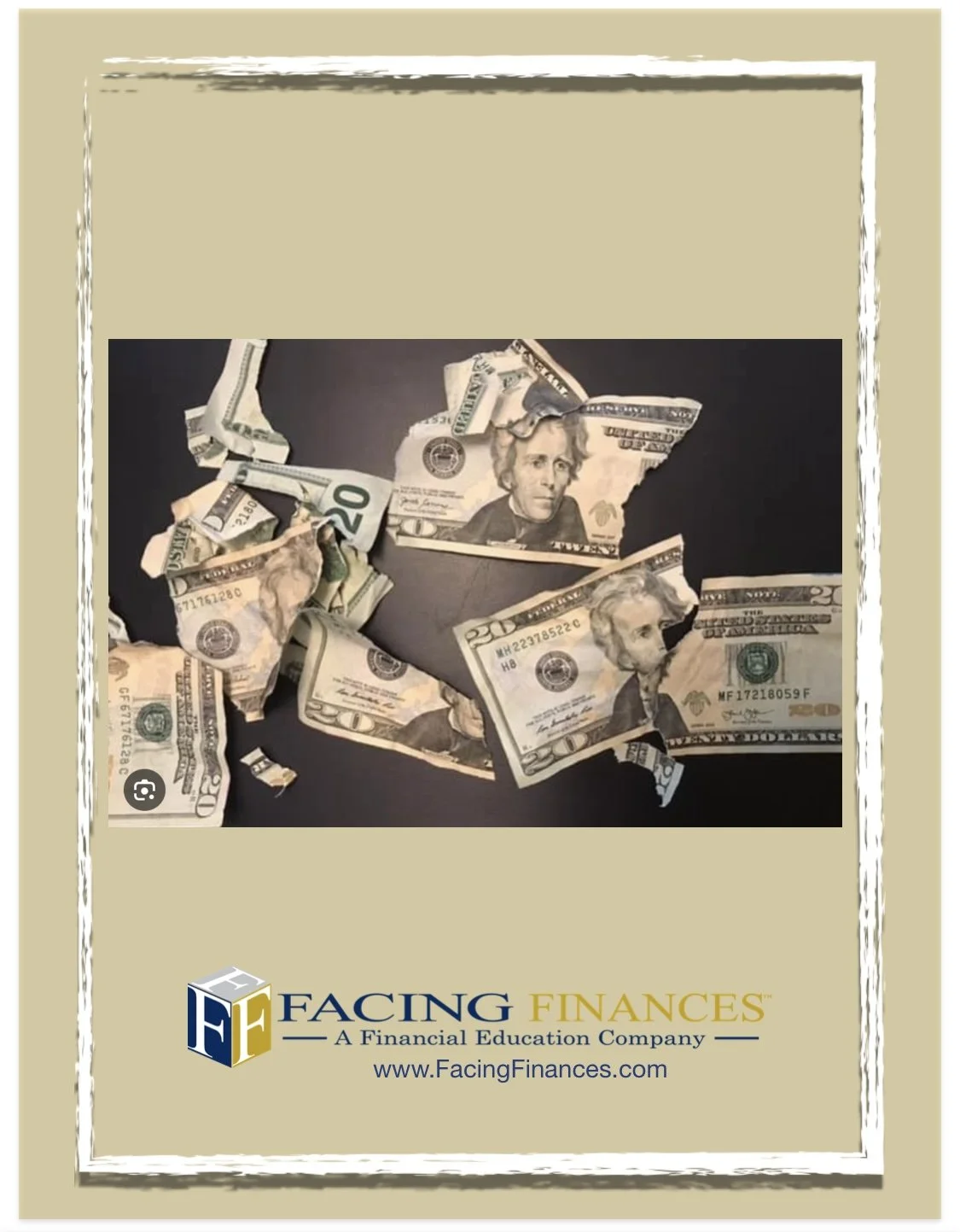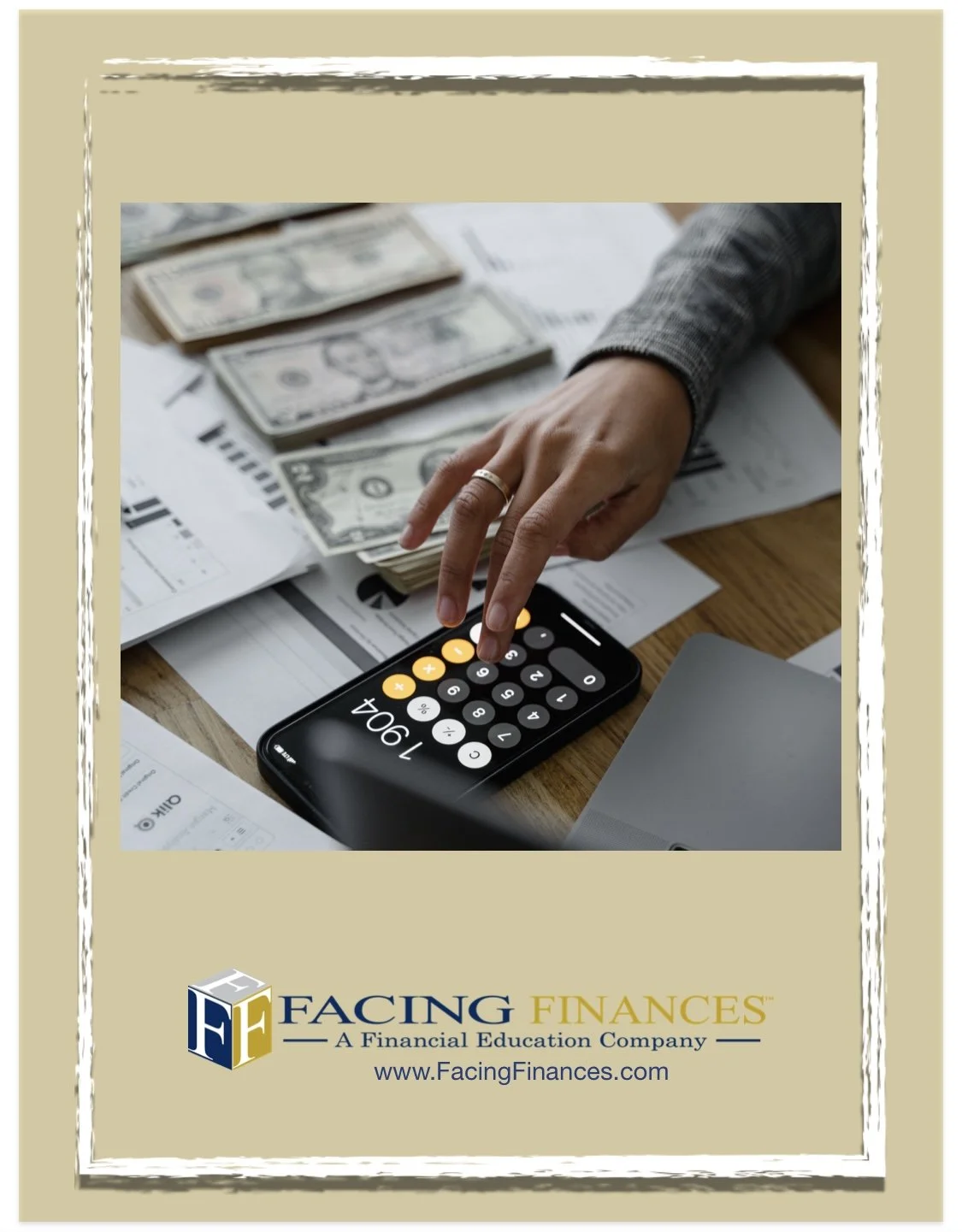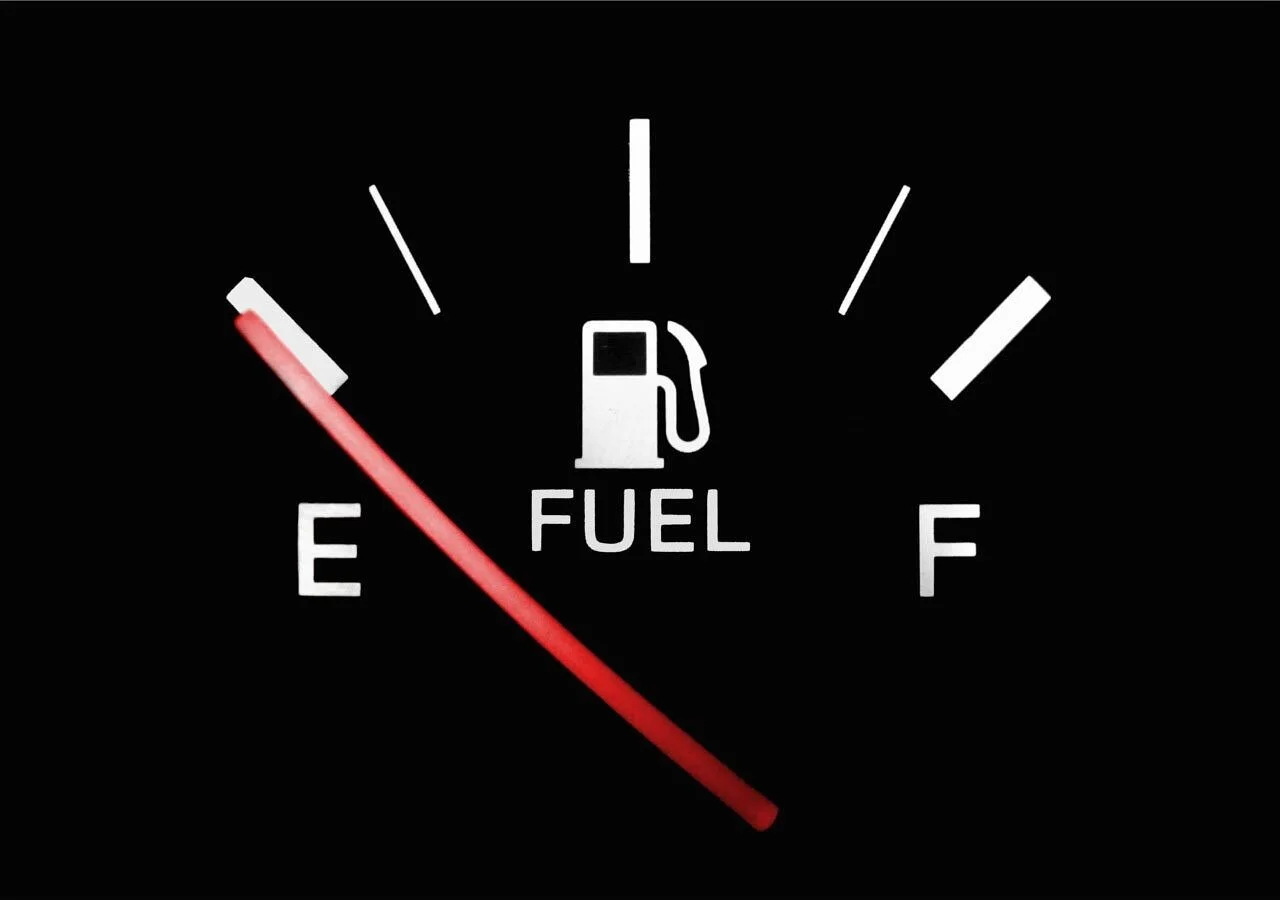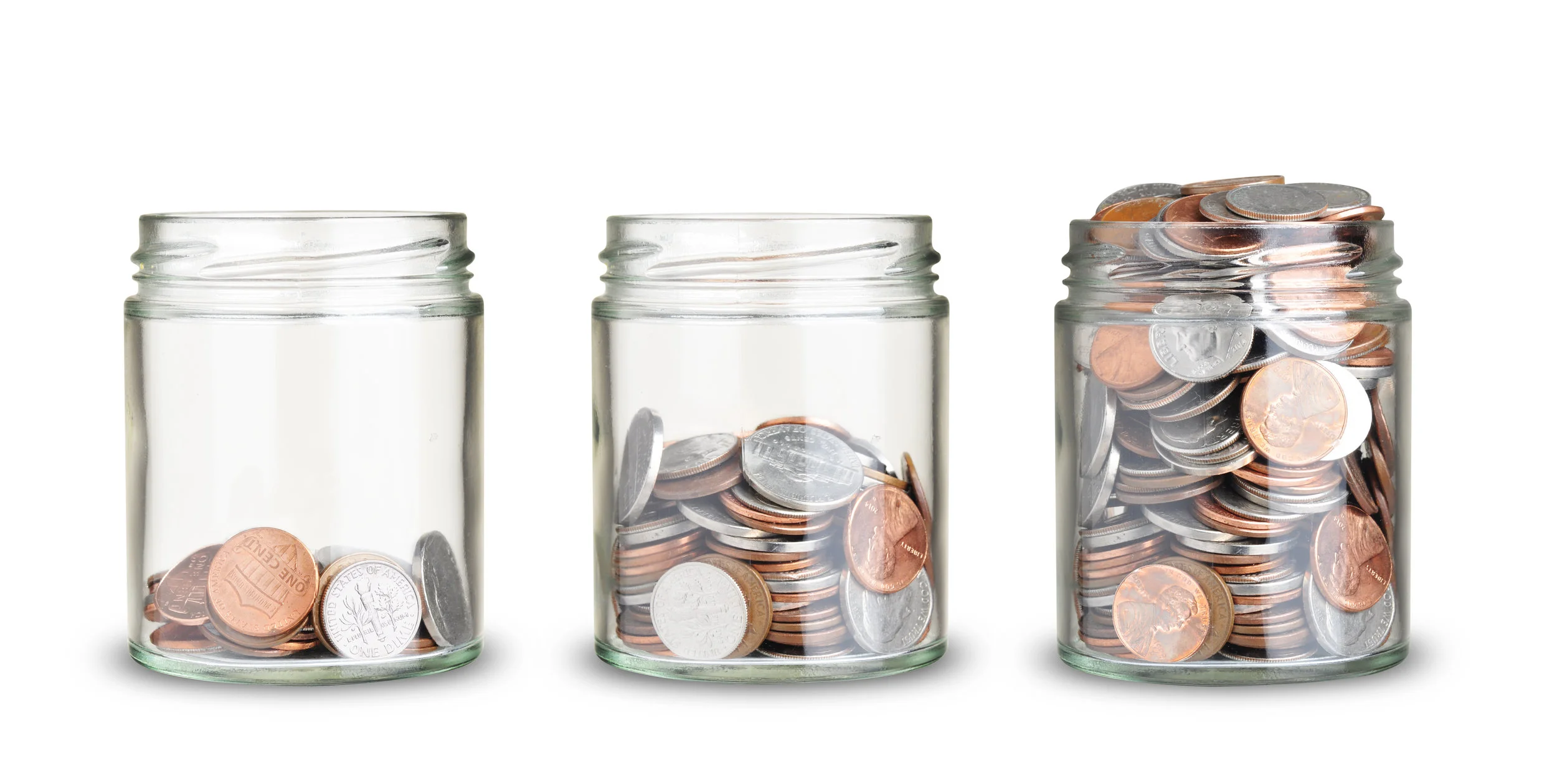Boost Your Financial Security: How to Save $1,000 Quickly
How You're Passing Up Money Every Day (And How to Stop)
Ditch the Budget and Create a Spending Plan
How to Get Current on Your Bills in 6 Steps
How to Build an Emergency Fund and Avoid Credit Card Debt
According to Bankrate's 2023 annual emergency savings report, more than half of Americans (57%) are uncomfortable with their current level of emergency savings. Having an emergency fund is essential for financial stability. Building an emergency fund is not always easy, but it is important to make it a priority. $1,000 can resolve many of life's unexpected challenges. Having an emergency fund can help you avoid financial hardship when an emergency comes your way. By following these tips, you can achieve your financial goals and build a more secure financial future.
How to Stretch Your Dollars in the Face of Inflation
Inflation reached a 40-year high in the United States in 2022 and we are still feeling the effects in October 2023. The year-to-date inflation rate in the United States was 5.9% through August 2023. That's almost double what inflation averages historically.
Managing your money is an ongoing journey with various stages throughout your life. By empowering yourself with knowledge, you've taken a crucial step. Now, take action and prioritize your financial well-being.
Manage Your Money: My Financial Journey (excerpt)
Some will say that making money mistakes when you are young is acceptable because you are learning. I say if we learn the principles of wealth management and teach the generations that are to come, they can avoid the pitfalls that caused us to stumble.
I’ve done it all right and done it all wrong. Although I have an undergraduate degree in Finance (from the amazing Florida State University), I did not have one personal finance class throughout my academic career. I graduated with 20+ credit cards. Do you remember the organizers with the slots for cards, I was the person who filled them all up with different credit cards and I was crazy enough to carry them with me. Can we say prime target for identity theft?
Nothing to Wear
Conflicting Goals: Entertainment Vs Preserving Cash
According to last week’s Wall Street Journal, Netflix gained an additional 16 million new subscribers.
Just this year alone, the stock is up 34%. I call that a win!
The average emergency, prior to the pandemic, could be resolved with $400. That annual Netflix subscription is 39% of what we would need to stash away for an emergency and gain some peace of mind. According to a recent survey by The Wall Street Journal and the Harris Poll, Americans spent an average of $37 per month on streaming services in March 2020. That’s an annual expense of $444. Can we say ching ching again.
The Hidden Fees of Working from Home
Facing the Fact that You May Not Be Able To Pay Your Mortgage or Rent (Coronavirus Part 5)
Many people world wide are facing reduced hours or have been laid off from their jobs completely. Shelter and food are a basic necessities. What do you do if you can’t pay your mortgage or rent?
It is best to address things as soon as you are aware that there may be an issue. This gives you more time and potentially more options. Find out what resources are available to you before your rent or mortgage payments are actually behind.
Retail Therapy: It's Not Really Therapy If It's Hurting You (Coronavirus Part 4)
I know it’s tempting to shop your heart out online while we’re quarantined, but pump your breaks and maintain a social distance from online shopping.
Take a moment and identify what you do not have in your closet or home that you truly need. My guess is that list is very short. Do yourself a favor and use what you already own.
Put Yourself in a Position to Soar Once This Crisis is Over (Coronavirus Part 3)
It's Time For a New Spending Plan (Coronavirus Part 2)
Let’s talk about what you can do today, right now, to help offset any disruptions you may see in your income.
How much discretionary income do you have? Your discretionary income is any money you have left over after you pay your necessities (ex: taxes, shelter, groceries, costs associated with transportation, medication, etc.). So, how much “extra money” do you have that can be set aside in case you need to tap into it?





















